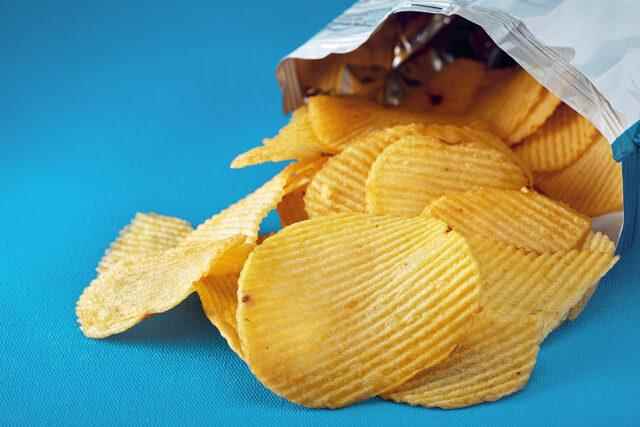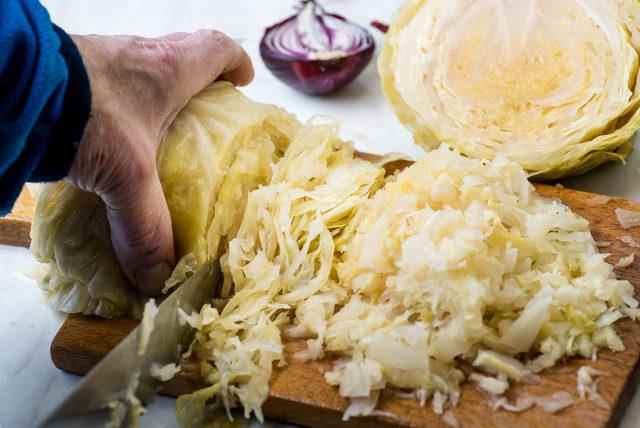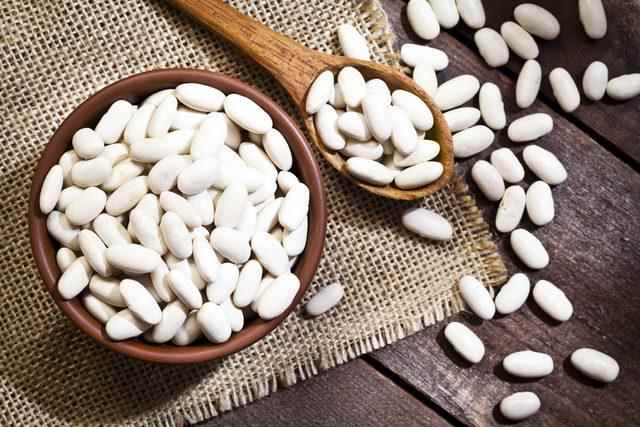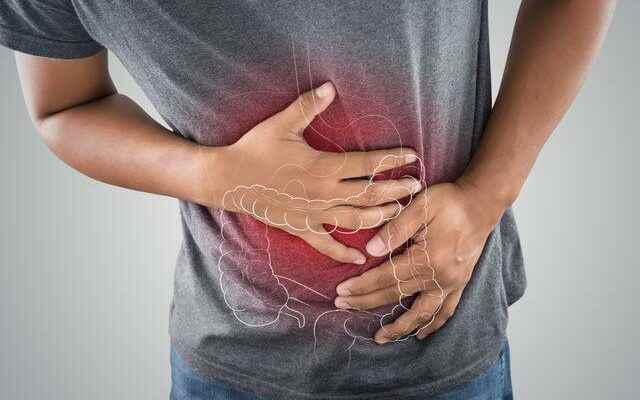In either scenario, what you eat can affect your gut health. Therefore, perhaps when considering what you’ve eaten throughout the day, it’s important to note when these symptoms occur.
Whatever the source of your digestive problems, there are a few foods that you should avoid when experiencing digestive upset because they can make your symptoms worse.
Here are 6 examples of foods you’ll want to avoid when you have an upset stomach, as they can make your gut problems worse.
CHIPS
Salty, crunchy and delicious chips can be a convenient snack, but they can aggravate your digestive problems. Foods that contain lots of simple carbohydrates, such as chips, white bread, and pastries, tend to move quickly through the digestive tract and often cause bloating and gas. Chips have another layer of digestive difficulties as they are fried. High-fat foods are notorious for causing heartburn, a common problem in the digestive tract. Chips aren’t the only culprits here, but processed products, fried foods, and fatty foods like fatty meat can increase the chances of heartburn.

SUGAR FREE GUM
It may surprise you that gum affects your digestive system. The compound used in sugar-free gum is used to add sweetness to foods that don’t contain as many calories as sugar. However, this compound cannot be fully digested by the body and therefore can cause digestive upset. Bloating, gas, and diarrhea are some of the most common symptoms a person may experience.

CANDY
While sugar and sugar substitutes may not be safe for your gut, refined sugar can also be a problem. Added sugar, like those found in sugar, cereal, and baked goods, appears to have many negative effects on the body, including the gut. Research shows that this added sugar can increase pro-inflammatory properties in the gut, leading to a host of issues, including an imbalance of helpful gut bacteria and metabolic dysregulation. It’s unrealistic to follow a zero-sugar diet for an extended period of time, so the best approach you can take is to cut out excess sugar as much as possible.

CABBAGE
Cabbage is notorious for causing digestive upset with symptoms like bloating, cramps and gas. Cabbage is part of the cruciferous category, a group that includes other common vegetables such as broccoli and Brussels sprouts. This group of vegetables contains a sugar called raffinose, which is known to cause gas. For some, cooking these vegetables before eating them can reduce the chances of digestive upset, but for others it may be necessary to avoid them altogether.

BEANS
Similar to cruciferous vegetables, beans are another food category that contains raffinose, the sugar known to cause gas. Although very nutritious due to its protein, fiber and micronutrient content, beans often cause digestive upset. Gas, bloating, and stomach pain are some of the symptoms often experienced when eating beans. In addition to the raffinose in beans, the high fiber content can also pose a problem. While fiber is an essential nutrient, eating too much fiber at once can aggravate symptoms, especially when experiencing intestinal problems.

BITTER SAUCE
This ingredient is known to add flavor and spice, and while it actually has some beneficial properties, it can worsen your digestive issues. Capsaicin is the cayenne pepper compound and also has some health properties, including lowering certain markers for inflammation. Yet this same compound may be responsible for side effects such as acid reflux and stomach cramps. When experiencing intestinal issues, it may be best to avoid all spicy foods, including hot sauce, salsa, and spicy seasonings.
